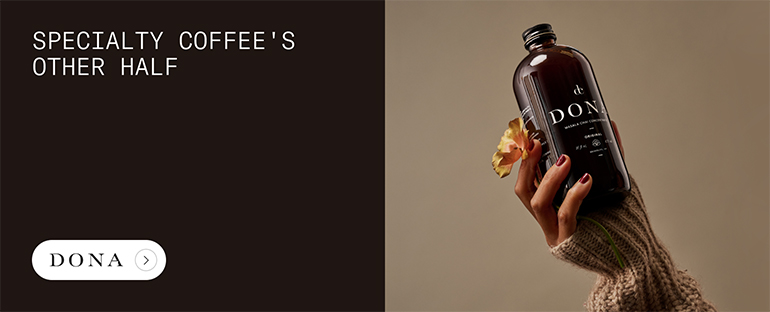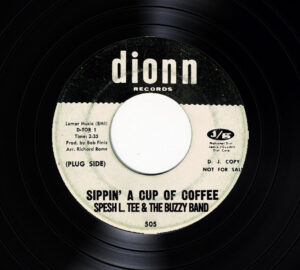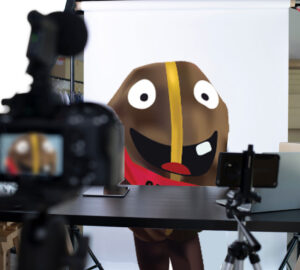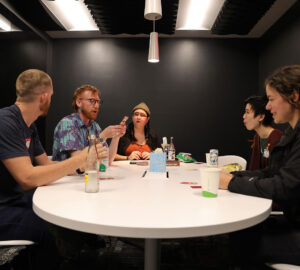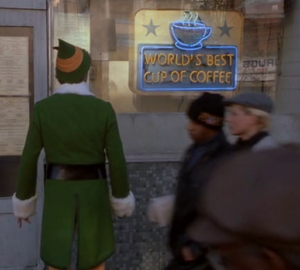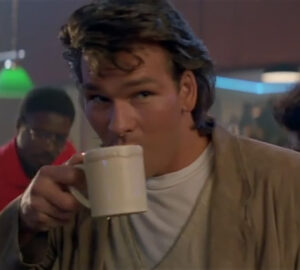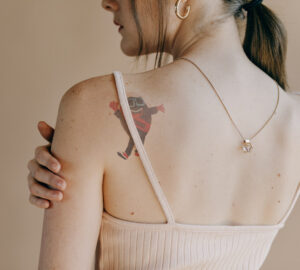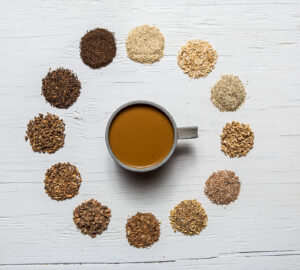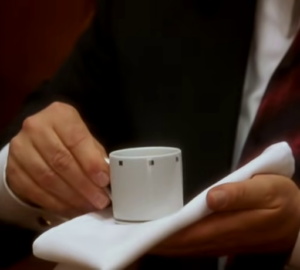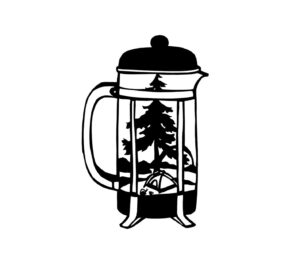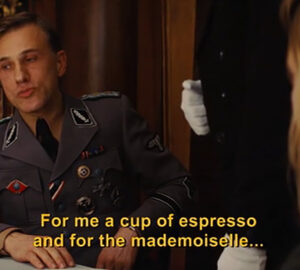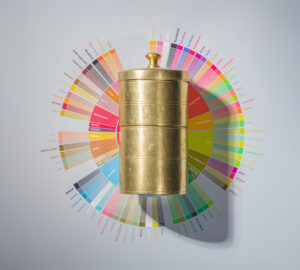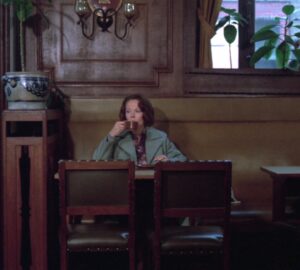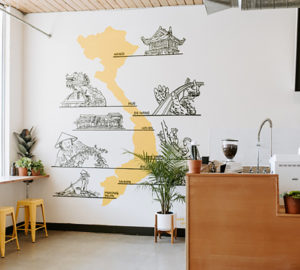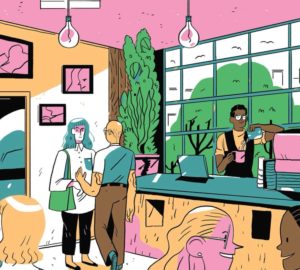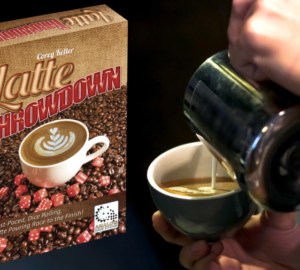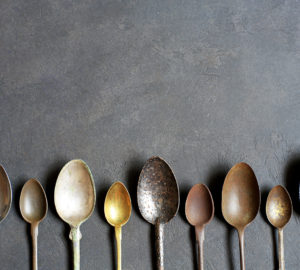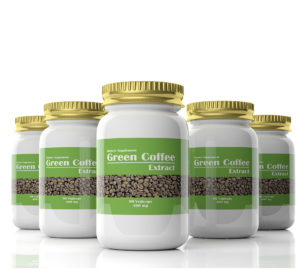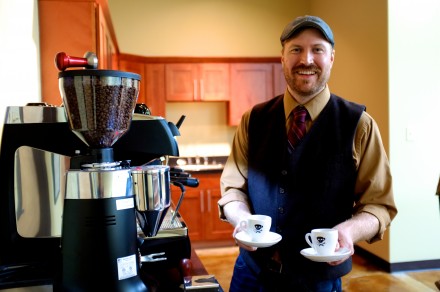
Just a few short days ago Sprudge.com co-founder Jordan Michelman traveled to Minneapolis, Minnesota to help ring in the opening of an epic new coffee space: The MPLS Coffee Mill, a gorgeous playground of education and coffee expertise housed inside the Cafe Imports HQ. We’ll have more on MPLS Coffee Mill in a separate feature [including a complete playlist of the Minneapolis funk we got to DJ for like 3 hours] but today we’re going to talk to the man behind the Mill – Joe Marrocco, Director of Education at Cafe Imports.
As a three-time USBC competitor, regional champion, and regional judge, Joe is officially “one of those guys” – alongside folks like Heather Perry, Scott Lucey, Trevor Corlett, Lem Butler, Pete Licata and others, Joe Marrocco is of a generation that helped build and refine competition coffee culture into what it is today. His focus these days is on helping others train, and that’s just part of what he’ll be doing at his new training grounds, the MPLS Coffee Mill.
We sat down with Joe in the pre-party calm of the Cafe Imports HQ for a candid, personal, and fascinating game of 5 Questions. Mr. Marrocco isn’t naturally an “it’s about me” kind of guy, but he was really giving and honest with his responses in this interview. It’s one of our very favorites we’ve published as part of our ongoing 5 Questions series. Enjoy!
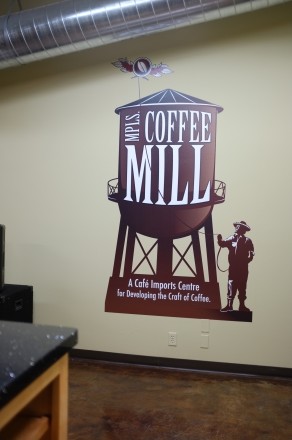
1. Joe, it’s sometimes easy for us to forget that not everyone “knows” you and your background. Introduce yourself for the folks who don’t know who you are – talk to us about your background as a competitor and barista, as well as an educator.
I’m gonna give you the long story. My sister started in coffee back in 1998, as a barista, and back then to me that was kind of the jam. The cafe was in a small town called Union, Missouri, outside of St. Louis – I loved it, but I was kind of a chai latte guy at that point. In 2001 I went on a trip to a town called Plan Grande, in the Neuva Segovia region of Nicaragua, which is like way up on the border with Honduras. The organization I was there with was working to help locals form cooperatives, but that part of it was still way up above my head – I was mostly just playing with the kids and stuff. But that trip instilled in me a deep desire to bring a foundational knowledge of coffee to people in the United States. I had an appreciation for the people who grew coffee first, before I had an appreciation for it as a coffee drinker. That trip sparked my appreciation for coffee in general.
I wasn’t working in coffee, then. I was working in a church, in a youth ministry, but then some things happened in the church and in my life, and my life changed course quite a bit. I needed a fallback job to kind of recover from that whole world…and then I started working at a small cafe in a town called Cape Girardeau, alongside a fellow named Robbie Britt [also a seasoned barista competitor]. This cafe was called Grace Cafe (now closed), and me and Robbie worked alongside each other from 2005 until 2007. Robbie Britt taught me about beverage extraction, all of that, he really taught me how to make coffee. In 2008 I was offered a roasting position at Kaldi’s Coffee.
When I moved on to Kaldi’s, it afforded me an opportunity to compete in barista competitions, which I did a total of three seasons. My first year was in the 2008 – 2009 barista competition season. I placed in the top 6 of my region, and went on to the USBC. Actually I made top 6 in all 3 of the years I competed, and in the 2010-2011 season, I won my regional.
Learning how to compete, well…my first year was really just learning the dance steps of competition, the ins and outs and rules and regulations. Understanding how to take what I was doing at a cafe on a regular basis and refine it to being scored. It was a steep learning curve for me. That first year, my main focus was to represent myself and background. I still lacked the in-depth focus on the scoresheet and winning.
The second year, since I had been roasting at Kaldi’s for a while at that point, I focused my competition on what I was doing at the time. That first year was all background, while my second year focused on the present. And then in the third year I was able to synthesize that into something that paid tribute to the coffee much more so than my craft or background. That really made a difference for me, and that’s what the scoresheets point you toward.
The last year I competed it was kind of a fluke. Mike Marquard – who had won the South Central region in the 2009-10 season for Kaldi’s – dropped out at the last second, so Kaldi’s asked if I’d be able to jump in and take his place. That third year there wasn’t a whole lot of prep time, but there was a lot of heart, energy and focus on the coffee.
At nationals that year I went over by like 38 seconds, which knocked me out of the finals. I know I want to compete more, but time doesn’t afford it to me now… I’m in a different position. I’m devoted to helping other people compete. I’ve noticed the way it has changed my professional life…it’s really helped define me as a professional, which is something I want to pass along.
Parallel to competition, I had become much more involved in education at Kaldi’s throughout my time there alongside Mike Marquard. He headed up retail education and I was wholesale, and then when Mike moved on I headed up both wholesale and retail education. I’ve helped teach at a variety of SCAA events, and I’m a Level 2 Certified barista. I’m also certified to proctor Level 2 tests, and I’m working towards becoming a specialized instructor. I also have Roasters Guild certifications, and I’m on the Roasters Guild Executive Council.
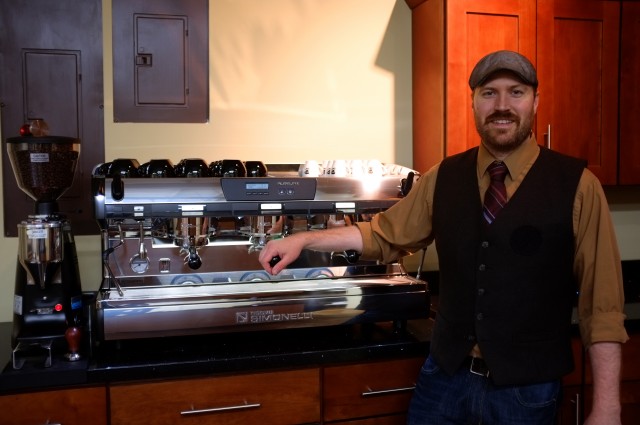
2. What are some of your favorite classes you’ve ever attended as a student? What’s stuck with you?
First and foremost, the Customer Service class offered through the SCAA – CP103 – and also the IDP certification. I feel these classes are of incredible value to anybody who is teaching adults in general, and coffee especially. I was also reading tons in my early years: David Schomer’s book (Espresso Coffee: Professional Techniques), as well as God In A Cup, Danny Meyer’s Setting the Table… I was so hungry for knowledge when I started, both in service and in coffee. Back in the day, Schomer’s book was our “coffee bible”, and then there was this resurgence towards treating espressos more like we were treating drip coffee, keeping it more true to origin, less true to tradition. That transition in knowledge was so much fun, especially as a roaster. Tasting coffees and cupping coffees, and being able to take that education back to my roasting work, it was so exciting for me. I’ll also mention the latte art video that Bellissimo put out back in the day, “Advanced Barista Training: Extreme Pours.” We would just laugh like crazy at that video, but we would also watch it in stop frame… [much laughter]… we would watch that and just practice and practice. Also the Kenneth Davids video on seed to cup [A Passionate Harvest] that he co-produced with Bruce Milletto – I have the video basically memorized. This is what introduced me to how coffee was processed.
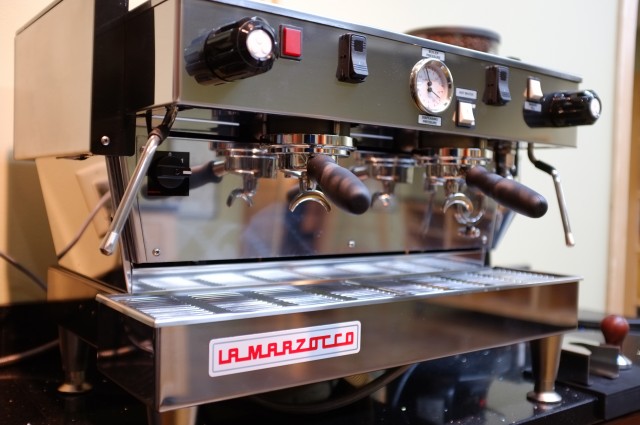
3. How do you see MPLS Coffee Mill fitting in to the wider Minneapolis specialty scene? Do you see this space as augmenting the training already available in the USA?
I want to be very clear – the vision is not just focused on barista competitions. That’s a tiny part of what we want to do, which is to be a resource of knowledge for educational opportunities not just in the Twin Cities, but the greater North central part of the USA. We’ll have our own classes, but also special events where educators such as Tracy Allen come in and do events. We really want the wider coffee community to feel like this space is “theirs” and not just ours, so if people come to us with ideas for events or educational opportunities and they want to partner with us, we want to put those ideas on the table.
Spaces like MPLS Coffee Mill do already exist in the Midwest, but more on a private basis; there’s not a lot of opportunity for cross-cultural education between companies. If we can foster a cross-cultural place for people to come and mingle between different companies, then hopefully we can propel coffee not just in the Upper Midwest, but all around the country.
We have lots of people on staff here at Cafe Imports with experience to share. Andrew Miller, our owner, has been boots on the ground in origin countries since the early 1990’s, sourcing coffee directly. That’s what our company is built on. Tim Chapdelain came on the mid-1990’s, and he’s really a pioneer in developing relationships with producers and exporters. These guys have helped pave the way for a lot of other companies to follow that model. Jason Long is doing a ton of work in Africa, in places like Rwanda and Burundi… Noah Namowicz with his marketing background, Gabe Dunn with his extensive barista background, Ian Frethiem with his sensory analysis skills…we’re a very well rounded team.
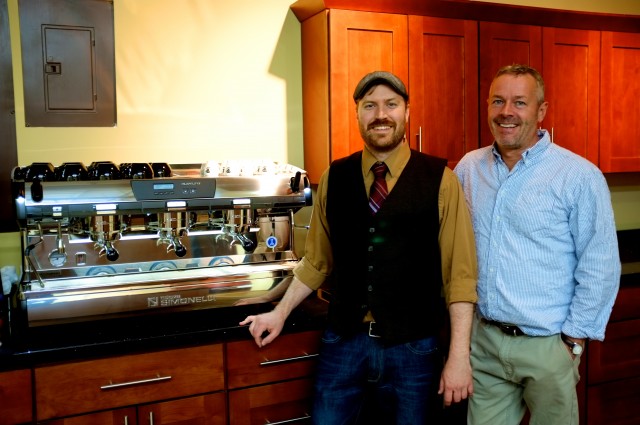
4. Can you share with us what the curriculum is going to look like? Who do you envision the folks coming to this space will be?
The space is for everybody who is interested and / or works in coffee. I think we’ll have a cross section of professionals that are wanting to learn one aspect of the business or another, and might be experts in some subjects but novices in others.
We’ll be teaching three part classes: Day 1 will be sourcing, which will include all the green side of the business, a seed to cup overview, an intro to buying green coffee, as well as sample roasting and cupping. Day 2 is craft, which is more focused squarely on roasting. Day 3 is about service and beverage creation, including training on espresso, brewed coffee, milk, and so on.
The model is Source / Craft / Serve. Those are the three key focal points, one for each day in a 3 day series.
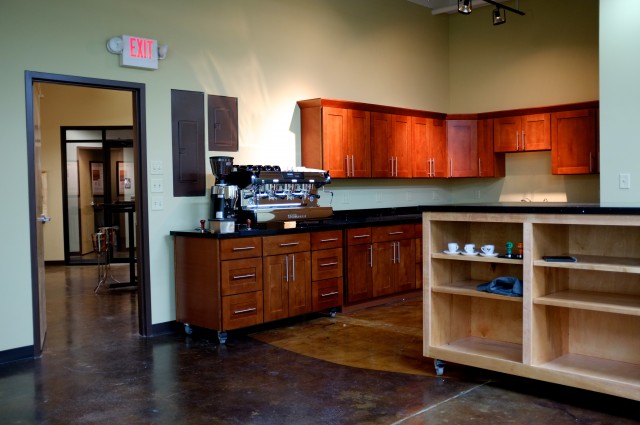
5. Talk to us about what the name – MPLS Coffee Mill – means to you.
So, we’re in the Northeast area of Minneapolis, and this area (plus down towards the river) was historically an important milling area. Coffee is milled at origin. When it goes through roasting and production, that’s almost like a milling process; it’s changing from one thing to the next. And then when it goes into the shop, it’s milled even more, because a grinder is a mill.
This name also speaks to an educational level: we hope to facilitate change, from not having a skill to having a skill, or improving your skills. It speaks to change and refinement, and also the city of Minneapolis – plus it’s alliterative!
Classes at MPLS Coffee Mill begin this June – check the Cafe Imports website for upcoming availability, pricing, and contact information. Photos in this feature courtesy of Noah Namowicz.














